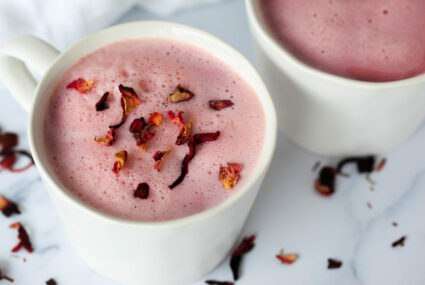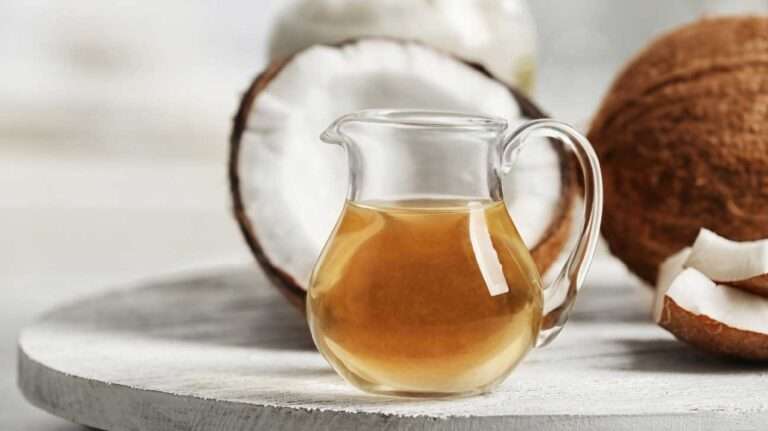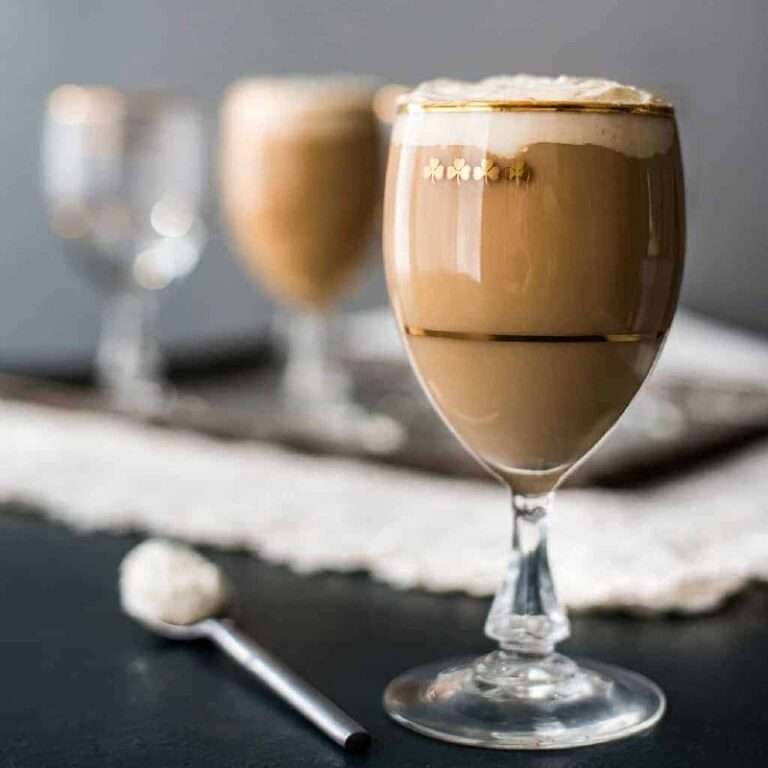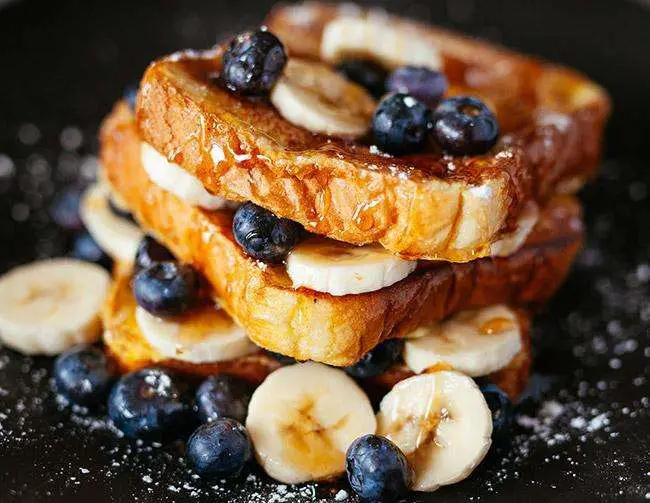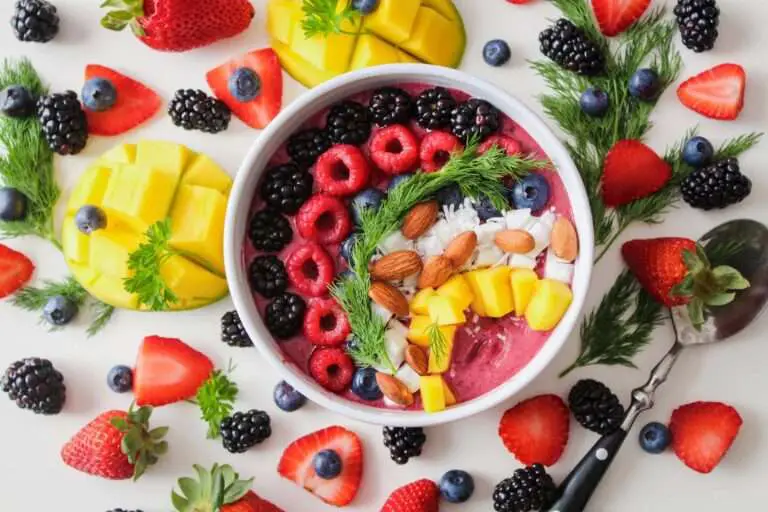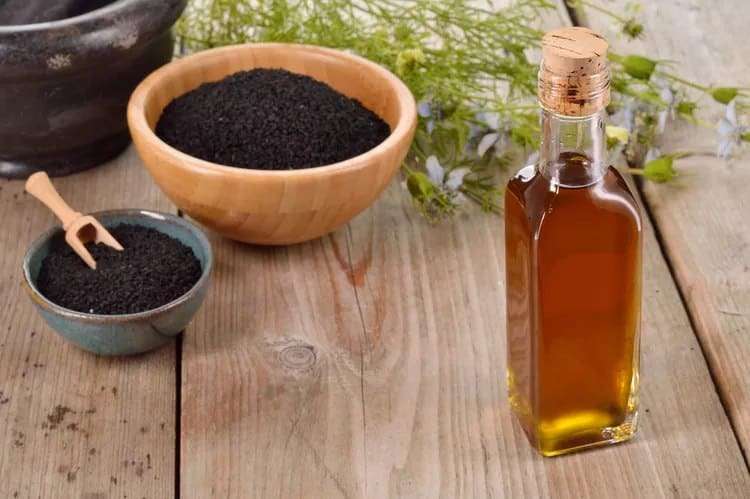Does Hibiscus Tea Make You Sleepy?
Hibiscus tea may induce a sense of relaxation, potentially aiding sleep. Its sleep-promoting effects are attributed to its anthocyanins and flavonoids.
Does hibiscus tea make you sleepy? Many people turn to herbal remedies to enhance their sleep quality, with hibiscus tea often being recommended for its potential soothing effects. Known for its deep red infusion, hibiscus tea boasts a tart flavor and is naturally caffeine-free, making it a suitable beverage before bedtime.
Its popularity stems not just from its taste but also from compounds present in the tea which may contribute to relaxation. Sipping a warm cup of hibiscus tea can be part of a calming nighttime ritual, helping to signal the body that it’s time to wind down. As with any dietary supplement or herbal product, it’s best to consult with a healthcare provider before incorporating it into your nightly routine, to ensure it’s appropriate for your health needs.
Hibiscus Tea’s Popularity And Folk Uses
Hibiscus tea stands out in the world of beverages for its vibrant color and tangy flavor. But it’s not just a pretty face in a tea cup; hibiscus tea’s popularity stems from its deep-rooted ties to tradition and its use for health benefits across various cultures. Over the centuries, people have turned to hibiscus for more than just its refreshing taste.
Cultural Significance Across The Globe
The hibiscus flower, notably revered for its beauty, is more than an ornamental plant. In North Africa and Southeast Asia, hibiscus tea, known as “karkade,” is a staple at celebrations. In the Caribbean, hibiscus goes by “sorrel” and is a must-have for festive occasions. Its significance transcends borders, highlighting a shared human experience of seeking comfort and joy in a cup.
Traditional Uses For Relaxation And Sleep
- Soothing the mind: Hibiscus tea is infused in bedtime rituals.
- Improving sleep quality: Its calming effect supports restful nights.
- Easing tension: Folk practices use it to unwind after a long day.
Generations pass down stories of how hibiscus tea aided their nightly routines. The tea’s properties have been endorsed for better sleep by numerous cultures, creating an herbal legacy. As millions find solace in its ruby red infusion, the traditional uses of hibiscus tea for relaxation and sleep remain alive and cherished.
The Sleep-promoting Compounds In Hibiscus
Sipping on a warm cup of hibiscus tea may do more than tantalize your taste buds. Many tea enthusiasts swear by its calming effects. But is there actual science behind the claim that hibiscus tea can usher in a peaceful slumber? Let’s dive into the sleep-promoting compounds found in this vibrant flower and understand why hibiscus tea might just be your new bedtime ritual.
Phytochemicals And Their Effects On The Nervous System
Hibiscus tea contains various phytochemicals known for their relaxing properties. These compounds can influence the nervous system and potentially promote sleep. Here are some key players:
- Anthocyanins: Give hibiscus its deep red color and might reduce anxiety.
- Flavonoids: Act as antioxidants and have a sedative effect.
- Quercetin: A flavonoid that could support healthy sleep patterns.
Comparison With Common Sleep Aids
Let’s compare hibiscus tea to typical sleep aids. Below is a table outlining their differences:
| Sleep Aid Type | Active Ingredients | Typical Effects | Side Effects |
|---|---|---|---|
| Hibiscus Tea | Anthocyanins, Flavonoids, Quercetin | Mild sedative, Anxiety reduction | Minimal |
| Over-the-counter | Antihistamines, Melatonin | Induce sleepiness quickly | Drowsiness, Dizziness |
| Prescription Medications | Various prescription drugs | Strong sedative effect | Dependence, Withdrawal |
Hibiscus tea stands out as a gentler, natural option. It could be a safe alternative for those sensitive to the stronger effects of pharmaceuticals.
Research Findings On Hibiscus And Sleep
Many seek natural methods to improve their sleep quality. Hibiscus tea is a popular folk remedy with potential sleep-promoting properties. Let’s explore what recent studies have revealed.
Overview Of Scientific Studies
Research uncovers the impact of hibiscus on sleep patterns.
Various studies have focused on the plant’s compounds and their effects. Some findings suggest that certain flavonoids in hibiscus may influence the nervous system. This, in turn, could lead to improved sleep.
- Flavonoids: Natural compounds that might impact sleep
- Antioxidant properties: Hibiscus contains antioxidants that may relax the mind
- Animal studies: Early research showing promising signs
Efficacy Of Hibiscus As A Natural Sleep Inducer
The calming effect of hibiscus may lie in its natural ingredients.
One study hinted at a decrease in sleep latency for subjects consuming hibiscus extract. Another pointed out potential reductions in REM sleep disturbances.
- Decreased sleep latency: Faster onset of sleep
- Reduced REM disturbances: Less disruption during deep sleep phases
Subjects reported feeling more rested and alert upon waking.
Note that these studies are preliminary and more research is needed. Individual results with hibiscus tea can vary widely.
Preparing Hibiscus Tea For Better Sleep
For many, winding down the day with a calming cup of tea is a cherished ritual. Among the vast selection, hibiscus tea has gained attention. Its reputation for inducing sleepiness is steeped in tradition and modern inquiry. Crafting the perfect cup of hibiscus tea could be your ticket to a more restful slumber.
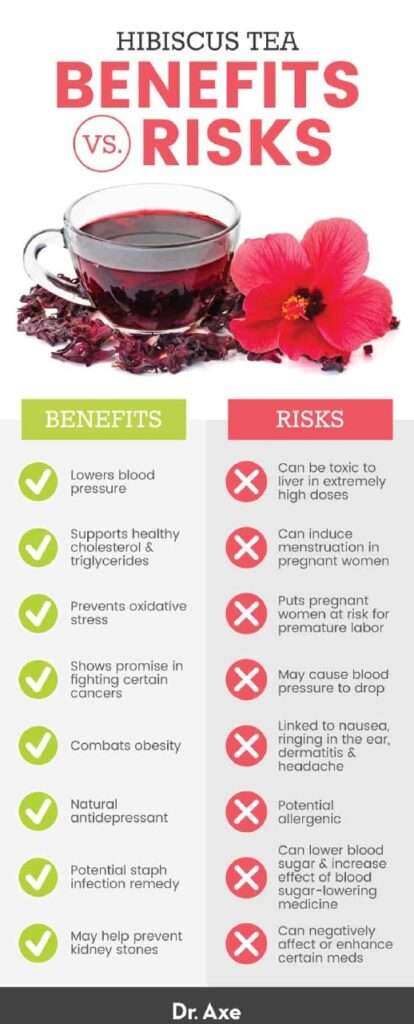
Optimal Brewing Techniques
Maximizing the sleep-inducing effects of hibiscus tea starts with brewing it correctly. Careful preparation unlocks both flavor and benefits.
- Start with cold, fresh water to ensure a pure taste.
- Heat the water to a full boil. This extracts the essence of the hibiscus.
- Infuse the dried hibiscus flowers for 5 minutes. This creates a rich, full-bodied tea.
- Strain the tea into your favorite cup, savoring the ruby-red hue.
Best Time To Consume For Sleep Benefits
Timing is key in aligning hibiscus tea’s calming properties with your sleep cycle.
- Drink 30 minutes before bedtime. This allows the body to assimilate its effects.
- Avoid large meals before drinking. This helps prevent disruptions to your sleep.
- Consider a second cup if your sleep schedule allows. Early evening may be a good fit.
Experiences And Testimonials
Many sneaking off to bed with a cup of hibiscus tea wonder about its effects. Will it invite a night of deep sleep? This section dives into real-life experiences and testimonials from hibiscus tea drinkers, aiming to uncover whether it’s the elixir for a good night’s sleep.
Personal Accounts Of Hibiscus Tea For Sleep
Users of hibiscus tea often share stories of its relaxing properties. Some claim that a cup before bed calms them, leading to easier sleep. Sam from Texas notes, “After sipping on hibiscus tea, I feel my muscles relax and tension flee.” Mary from California shares, “The warm, soothing sensation helps my mind unwind before bed.”
- Casey in Florida found a less anxious sleep pattern with nightly hibiscus teas.
- In Oregon, Leo experienced no change, but enjoys the taste as a nightly ritual.
- Natalie’s days are busy, and she credits hibiscus tea for her quick sleep onset.
Contrasting Opinions And Placebo Effect
Not everyone agrees on the sleep-inducing benefits of hibiscus tea. Some users suggest the placebo effect may play a role in perceived benefits. Jake from New York expresses skepticism, “Is it the tea or just a bedtime routine?” Linda from Illinois asks, “Might it be the warm comfort, rather than the hibiscus itself?”
| User | Experience | Believes in Placebo? |
|---|---|---|
| Megan, WA | More restful sleep | No |
| Raj, NJ | No sleep improvement | Yes |
| Ellen, MA | Unsure | Possible |
Safety And Potential Side Effects
While hibiscus tea is lauded for its potential to induce relaxation and promote better sleep, it’s crucial to consider safety and side effects. As with any natural remedy, moderation is key, and understanding possible interactions with medications or health conditions is essential for safe consumption. Let’s explore the concerns related to drinking hibiscus tea.
Concerns With Overconsumption
Drinking too much hibiscus tea may lead to adverse effects. Notable concerns include:
- Digestive issues – High volumes may upset your stomach.
- Hypotension risk – Excessive intake could excessively lower blood pressure.
- Impact on liver – Overconsumption might stress your liver.
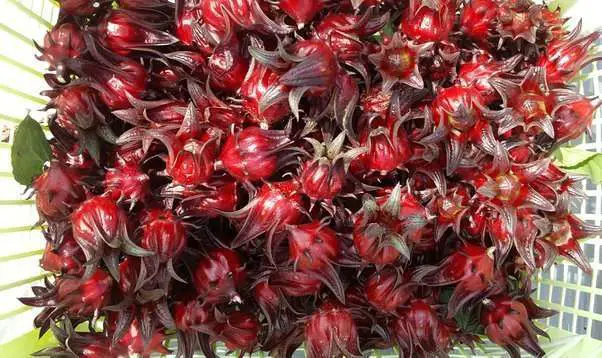
Interactions With Medication And Pre-existing Conditions
Hibiscus tea can affect different people in various ways. Pay special attention if:
| Condition/Medication | Potential Interaction |
|---|---|
| Diabetes medications | Tea may lower blood sugar, affecting medication efficacy. |
| High blood pressure drugs | May enhance hypotensive effects, leading to dizziness or fainting. |
| Antidepressants | Potentially increases sedative effects, causing extra drowsiness. |
| Pregnancy | Hibiscus may affect hormone levels, not recommended for pregnant individuals. |
Always consult your healthcare provider before adding hibiscus tea to your regimen, especially if you have pre-existing conditions or take other medications.
Frequently Asked Questions On Does Hibiscus Tea Make You Sleepy?
Is Hibiscus Tea Good For Sleep?
Yes, hibiscus tea is considered beneficial for sleep. It contains compounds that may help to reduce anxiety and promote relaxation, potentially leading to better sleep quality. However, more research is needed to fully understand its effects.
Can Hibiscus Tea Cause Drowsiness?
Hibiscus tea might cause drowsiness in some individuals due to its potential relaxing effects. It’s best to try it during a calm period to see how your body responds before deciding to drink it before bedtime.
How Much Hibiscus Tea For Sleep?
For sleep benefits, one to two cups of hibiscus tea, consumed an hour or so before bed, might be helpful. As individual sensitivity varies, start with a smaller amount to gauge your response.
What Is The Best Time To Drink Hibiscus Tea?
The best time to drink hibiscus tea could be in the evening, as its soothing properties may help wind down before bedtime. Avoiding caffeine close to bedtime is generally recommended for better sleep hygiene.
Conclusion
To sum it up, hibiscus tea’s natural properties may indeed encourage relaxation and potentially lead to better sleep. This herbal infusion offers a caffeine-free alternative to traditional teas, aligning with your bedtime routine. Considering its calming effect, a cup of hibiscus tea could be just what you need to unwind before turning in for the night.
Enjoy it responsibly, listening to your body’s response, and consult a healthcare provider for personalized advice.


